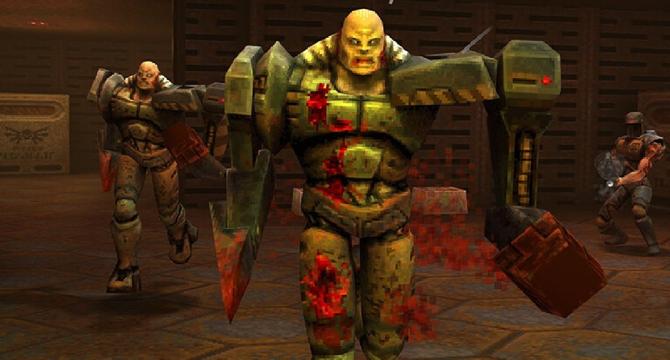Pcgamer
1w
114

Image Credit: Pcgamer
Microsoft unveils AI-generated demo 'inspired' by Quake 2 that runs worse than Doom on a calculator, made me nauseous, and demanded untold dollars, energy, and research to make
- Microsoft has presented an AI-generated demo inspired by Quake 2, powered by a 'World and Human Action Model' (WHAM) generative AI model.
- The demo does not run on Quake 2's original engine but a custom engine trained on Quake 2, showcasing the advancement in generative AI technology.
- The project has absorbed substantial resources, with Microsoft investing billions of dollars and a significant amount of power to run the model.
- Despite the massive investment, the Copilot Gaming Experience falls short in performance, running poorly with jerky visuals causing motion sickness.
- The demo lacks a clear objective, with constantly changing environments resembling Quake 2 but lacking coherence in gameplay.
- The Copilot Gaming Experience's generative AI occasionally produces surreal errors, transforming the environment unpredictably.
- The lackluster performance of the demo raises ethical questions about the vast expenditure of resources for a subpar gaming experience.
- Critics have voiced concerns over the push for generative AI in various industries, highlighting the disconnect between expectations and reality.
- The demo's reception reflects skepticism towards the aggressive marketing of generative AI technology as the future of gaming and other sectors.
- The article emphasizes a rejection of this envisioned future due to philosophical, ethical, and practical concerns, notably its adverse effects on the user.
Read Full Article
6 Likes
For uninterrupted reading, download the app